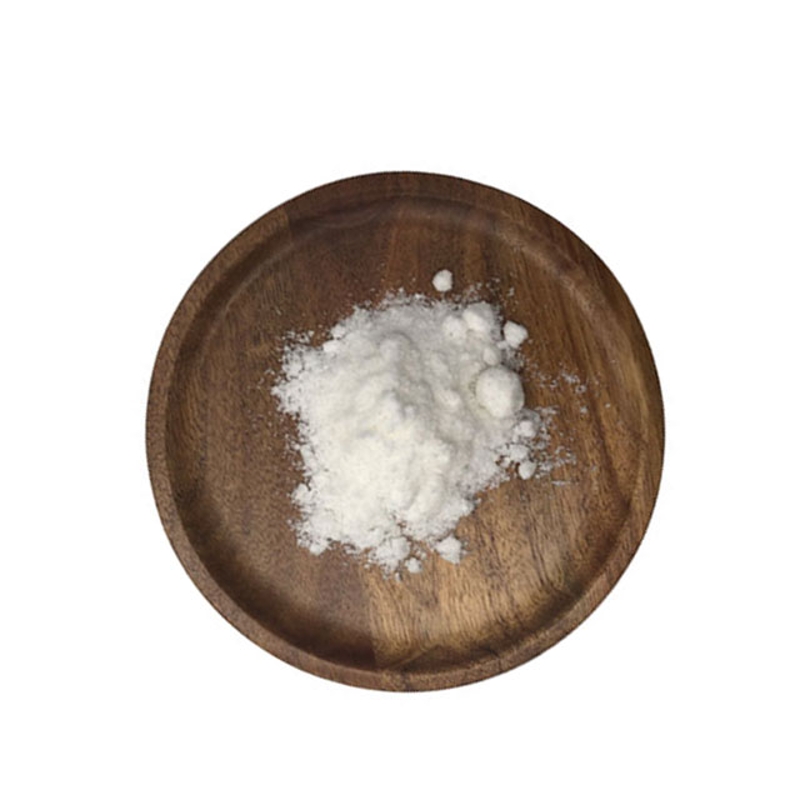Nat Comm . . . Pan Guangjin group revealed the key role of H3K27me3 demethylating enzyme KDM6 family to regulate human nerve development.
-
Last Update: 2020-07-22
-
Source: Internet
-
Author: User
Search more information of high quality chemicals, good prices and reliable suppliers, visit
www.echemi.com
Neurogenesis is a continuous and highly ordered process, which is a process from pluripotent stem cells to neural stem cells and a variety of neurons and glial cells, and plays a key role in the development of human embryos. However, epigenetic modification plays an important role in maintaining cell characteristics and determining cell fate [2]. However, the precise epigenetic regulation mechanism of human neurogenesis is still unclear.in recent years, pan Guangjin research group of Guangzhou Institute of biological medicine and health, Chinese Academy of Sciences has done a series of work on epigenetic regulation in the process of stem cell fate transition.in September 2017, our team reported on nature communications the pluripotency of pluripotent stem cells and the key role of specialized neuroectoderm of PRC2, which performs the function of H3K27me3 methyltransferase [3]. However, the role and exact mechanism of H3K27me3 demethylase kdm6 family (jmjd3 / kdm6b and UTX / kdm6a) in regulating human neurogenesis has not been elucidated.recently, pan Guangjin research group of Guangzhou Institute of biomedicine and health, Chinese Academy of Sciences, published a research paper entitled jmjd3 and UTX determine? Degree and lineage speci? Cation of human neural progenitor cells [4].this study found the necessary and consistent roles of H3K27me3 demethylase jmjd3 and UTX in the maintenance of neural stem cells and the fate specialization of neural sub cells.it has been found that kdm6s (jmjd3 and / or UTX) knockout human embryonic stem cells can normally form neural stem cells, but the proliferation of human neural stem cells is weakened and cannot effectively differentiate into neurons and glial cells.in the mechanism, jmjd3 and UTX are enriched in neurodevelopment related genes, and kdm6 knockout results in the accumulation of H3K27me3 and the decrease of DNA accessibility of these genes.this study revealed the differential needs of kdm6s in specialized neural stem cells and neural sub cells, and emphasized the important role of single epigenetic regulator in cell fate determination.it has been found that although kdm6s (jmjd3 Ko, utx-ko, jmjd3 / UTX DKO) knockout human embryonic stem cells can normally produce neural stem cells.however, the proliferation of human neural stem cells without kdm6s was poor, and the apoptosis rate was increased.at the same time, human neural stem cells without kdm6s could not effectively form neurons and glial cells.in addition, chip SEQ analysis showed that jmjd3 and UTX were enriched in neurogenesis related genes in human neural stem cells.in kdm6 knockout human neural stem cells, H3K27me3 on neurogenesis related genes accumulated, which could not be effectively removed during the subsequent differentiation of neural sub cells.by ATAC SEQ analysis, the accessibility of chromatin of neurogenesis related genes decreased in kdm6 knockout human neural stem cells.finally, kdm6 can regulate the expression of neuronal specific chromatin remodeling complex (nBAF) and the stability of the complex. Overexpression of nBAF or down-regulation of neural stem cell-specific chromatin remodeling complex (npbaf) can compensate for the differentiation defects of neural stem cells without kdm6 and restore their chromatin accessibility.this study revealed the key role of kdm6s dependent H3K27me3 demethylation in the fidelity of specialized lineage and fate determination in human neurogenesis.in combination with the key role of PRC2 specific neuroectoderm reported by our research group earlier, this series of studies clarified the difference between methylation and demethylation of H3K27me3 in the continuous lineage specialization from pluripotent stem cells to neural sub cells during human neurogenesis. this series of studies also provide a reference for exploring the regulation of cell fate and the molecular mechanism of the occurrence and development of nervous system related diseases, and finding new therapeutic targets. it is reported that the corresponding author of this research paper is pan Guangjin, researcher of Guangzhou Institute of biomedicine and health, Chinese Academy of Sciences. Dr. Shan Yongli, doctoral student Zhang Yanqi and doctoral student Zhao Yuan of Guangzhou Institute of biomedicine and health, Chinese Academy of Sciences, were co first authors of the paper. paper link: plate maker: Ke extended reading 1. Kempermann g, et al. Human adult neurogenesis: evidence and remaining questions. Cell stem cell 23, 25-30 (2018). 2. Schuettengruber B, Bourbon HM, di Croce L, Cavalli g. genome regulation by Polycomb and trithorax: 70 years and counting. Cell 171, 34-57 (2017). 3. Shan y, et al. PRC2 specifies ectoderm lineages and maintains pluripotency in primed but not naive ESCs. Nature communications 8, 672 (2017).4. Shan Y, et al. JMJD3 and UTX determine fidelity and lineage specification of human neural progenitor cells. Nature communications 11, 382 (2020).
This article is an English version of an article which is originally in the Chinese language on echemi.com and is provided for information purposes only.
This website makes no representation or warranty of any kind, either expressed or implied, as to the accuracy, completeness ownership or reliability of
the article or any translations thereof. If you have any concerns or complaints relating to the article, please send an email, providing a detailed
description of the concern or complaint, to
service@echemi.com. A staff member will contact you within 5 working days. Once verified, infringing content
will be removed immediately.







